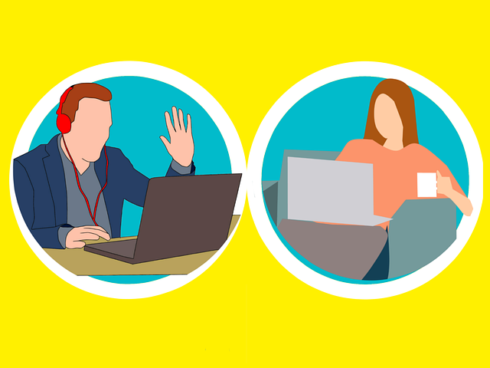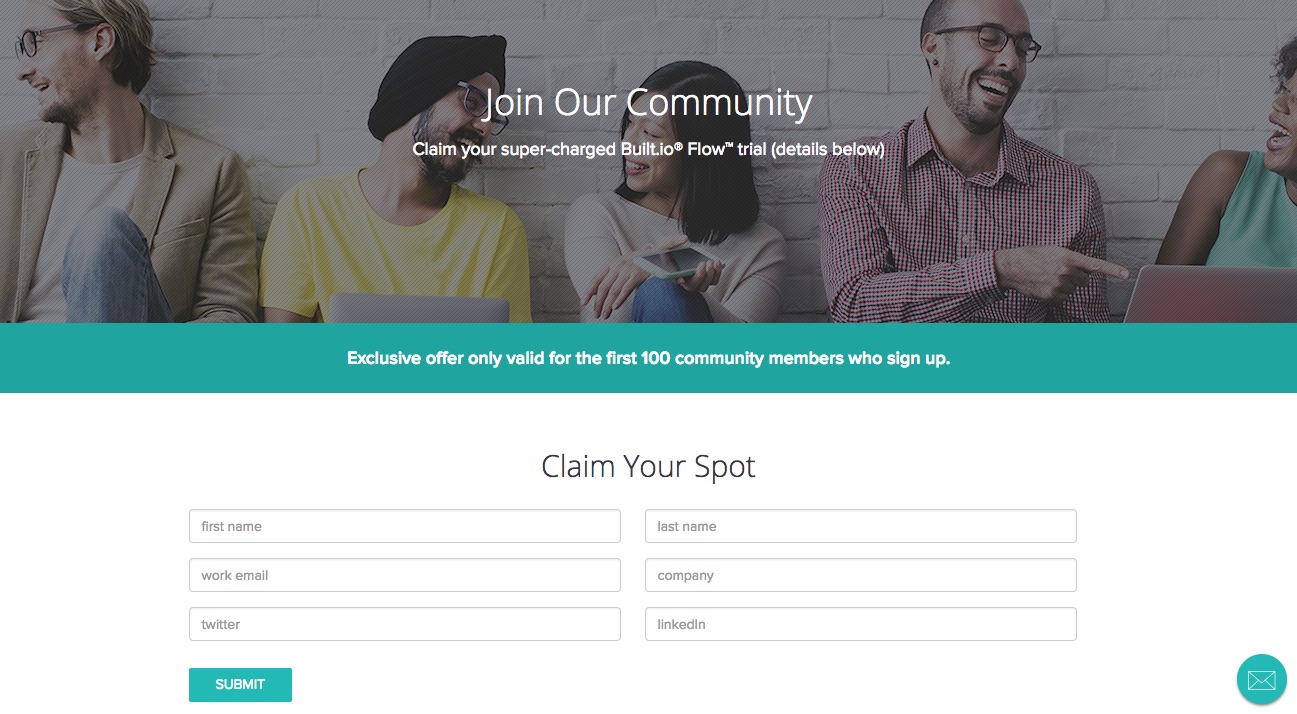
I go to conferences on both sides of the Atlantic, and there’s a slightly hilarious thing that happens at morning caffeine break. Someone from the UK will walk up to the hot drink station and register bafflement, because there’s not hot water to make tea. Also our tea bags are pretty substandard, and there might not even be lemons.
The same thing happens in reverse. An American will roll up to get their hot brown liquid fix, and there is all the hot water in the world with bafflingly fancy tea service, but no joe. Right now, we are all having that moment. We can’t go out and meet people face-to-face. That was coffee-world, and right now we’re in tea world.
We could try to make tea act like coffee, steep it extra long and try to make it more bitter, add sugar and milk. We could try to gather acorns and chicory to roast and grind for something not entirely unlike coffee. Or we could accept that tea isn’t coffee—that it has a different flavor profile and different caffeine levels. That lemon or honey are maybe a better fit than caramel syrup.
If we try to entirely replicate our in-person interactions with online substitutes, we’re not actually grasping that this is a different world. And you’d miss the fact that we have different options and different constraints.
Same but different
This is a trying time for us, both as humans and as parts of companies. Many of us are in various forms of social distancing, isolation, quarantine, or reduced service. Some of us are working from home in ways we didn’t expect.
One thing I didn’t expect was how much my role would stay the same while being entirely different. All of the skills I usually use to help developers relate to each other and collaborate are still meaningful and useful. What’s even more important is that this is a toolbox that I can help my company with.
Here are some examples:
Communicating
No matter what the sub-specialty of Developer Relations someone works in, I haven’t met any of us who don’t love communicating. We’re here because we love listening, teaching, talking it through, bouncing ideas around, and learning.
All of that energy, now that I’m not using it at conferences, can go into communicating within the company. “Hey, you remember that idea we had three months ago about an interactive demo? What do you need to make it work? How can I help?” Even if what someone needs is just a sounding board, I have the skills to listen hard and ask useful questions about where they want to go.
My job is also about listening to people and helping them find the right person to talk to. And right now, I can keep doing that. I can serve as the routing center to get messages from one team to another—in a way we didn’t have a formal structure for when we could run into each other making coffee. Without coffee, and that physical co-presence, I still have all those relationships and can help facilitate conversations.
Connecting
Another skill I use regularly is facilitating connection. I work closely with teams within my company to help them connect with the larger community. But as a person who is used to connecting in-person and remotely, I can help them rethink these experiences so that they’re providing engaging experiences.
Consider hosting a Meetup. It was perfectly reasonable to have a 2-hour in-person Meetup with three speakers, a panel discussion, and some swanky food and beer. It takes that much content on offer to get people to deviate from their routines and physically go to something on a weeknight evening.
But in these new strange times when we’re only connecting through screens, maybe that’s too much all at once. People have already been sitting at a computer for a whole workday, maybe they don’t want another two hours of watching a screen. Perhaps a better option is a shorter session in the middle of the day. This is a welcome break and they don’t have to physically change locations to get it.
Doing the same format of meetup, just Now Online! is coffee-world thinking. I can help my team think about what meets people’s needs where they are right now.
Community
As a Developer Advocate, I’m not just here to sell you my product. If my answer to every problem you had was “Buy my stuff”, I wouldn’t be a very authentic or useful member of the community. Instead, it is literally my job to make the communities I’m part of a better place for everyone—more inclusive, more accessible, more useful and rich. I want to see your Code of Conduct, because as a speaker and sponsor, I have more power to demand that than an attendee. I want to add to the technical conversations. And I want to be a trustworthy human, someone that you can pull aside and ask for help if you need it.
I need to be able to do that for my company too, and the fact that I do it for strangers at conferences gives me a lot of tools to do it for my coworkers. It’s not about me being an authority of knowing things, it’s about remembering that we are all in this together, and I have the tools and time to reach out and pull people together in a way that nourishes them.
Strange times
I’ve been working from home productively for 15 years. This is not new to me. But this month has been a shock to the system, it doesn’t always feel like this. It’s distracting to be in the middle of a crisis, and you’re not going to be as sharp as you ordinarily would.
I’m starting to see a way through it and it’s not just about trying to replicate the conference system online, it’s about trying to diversify our human connection portfolio. I bet heavily on conference connections, and it paid out for a long time, but that market is closed now, and will be for months. It’s time to take that same energy and find new places to invest it.





